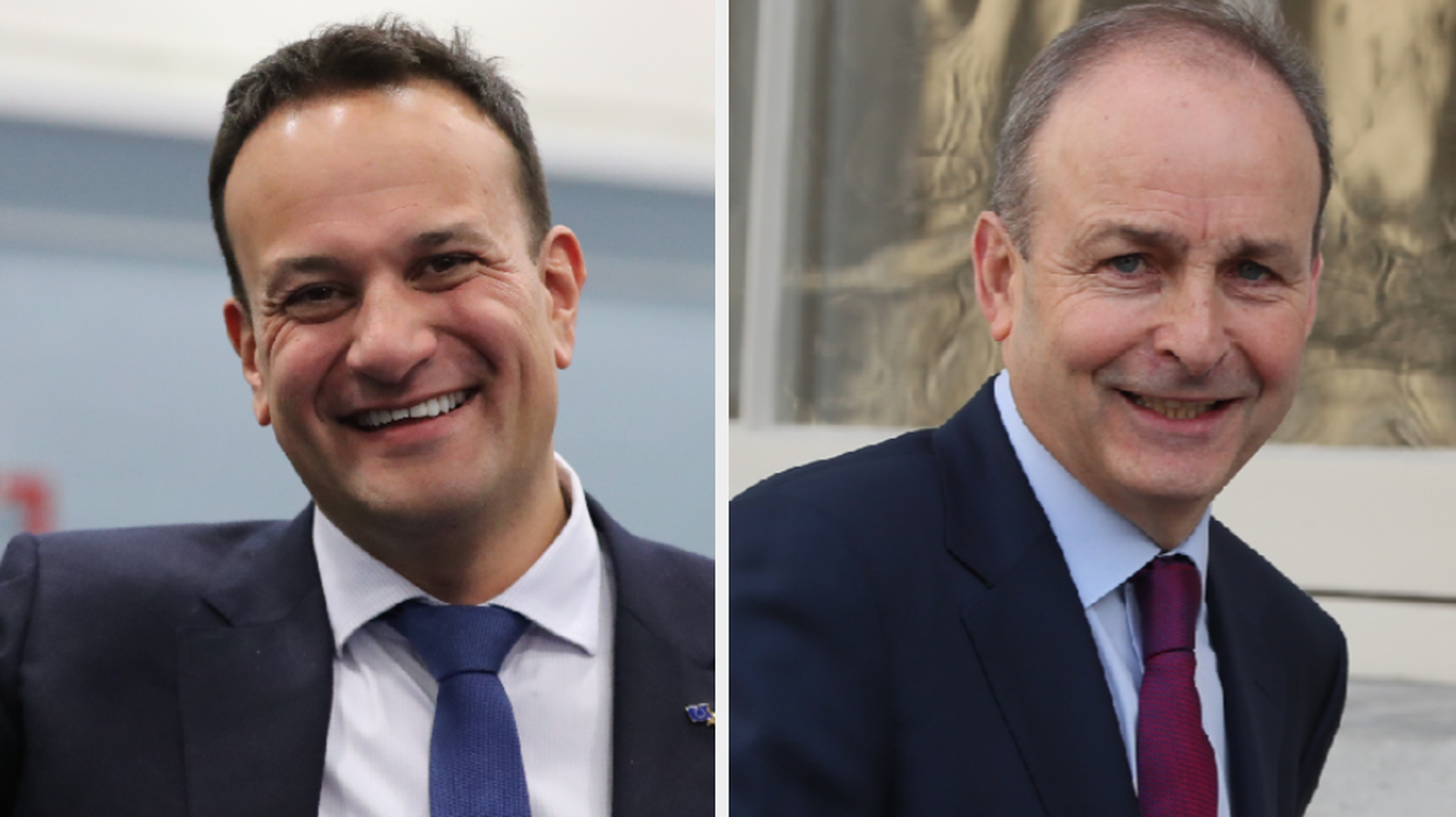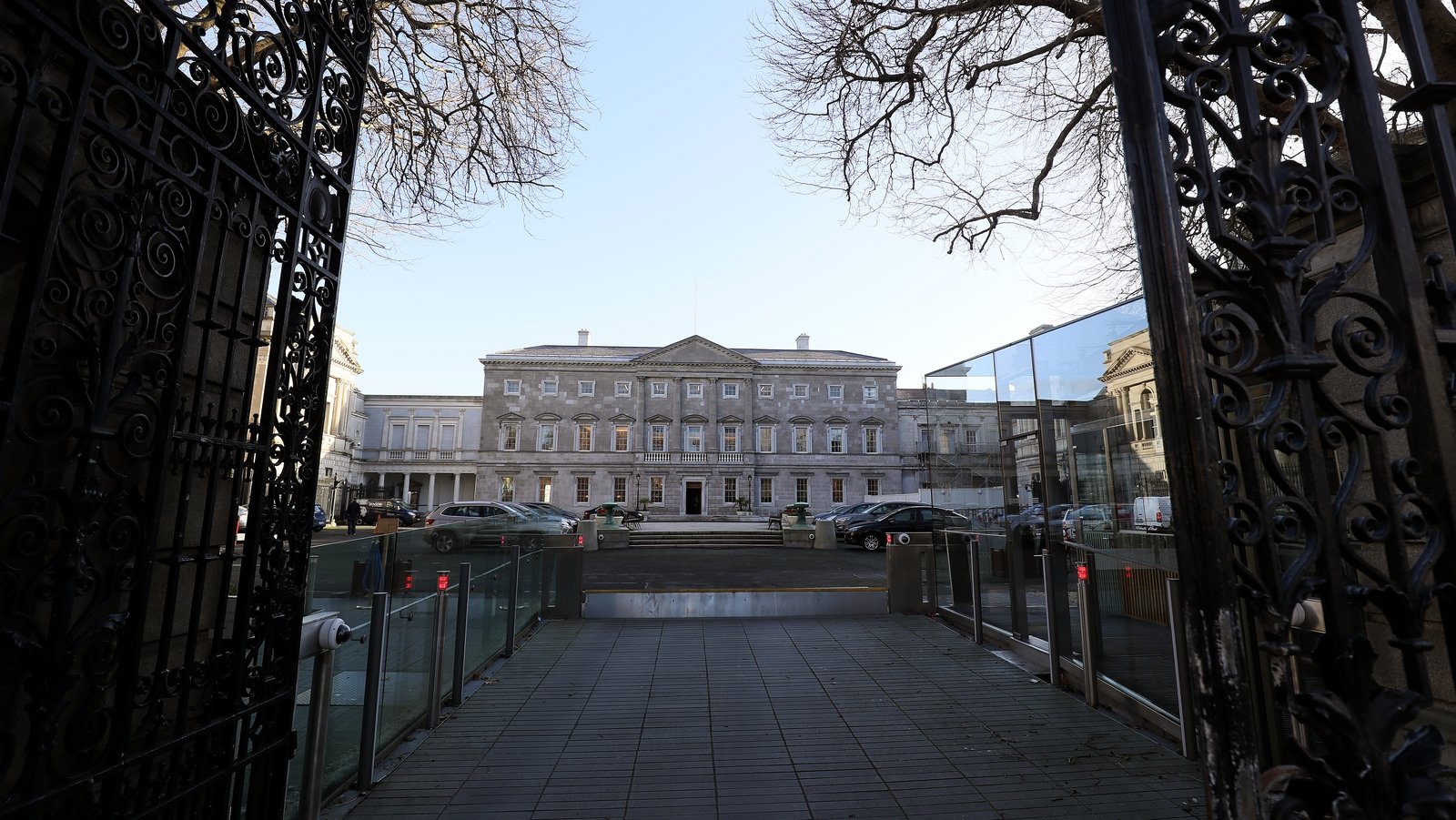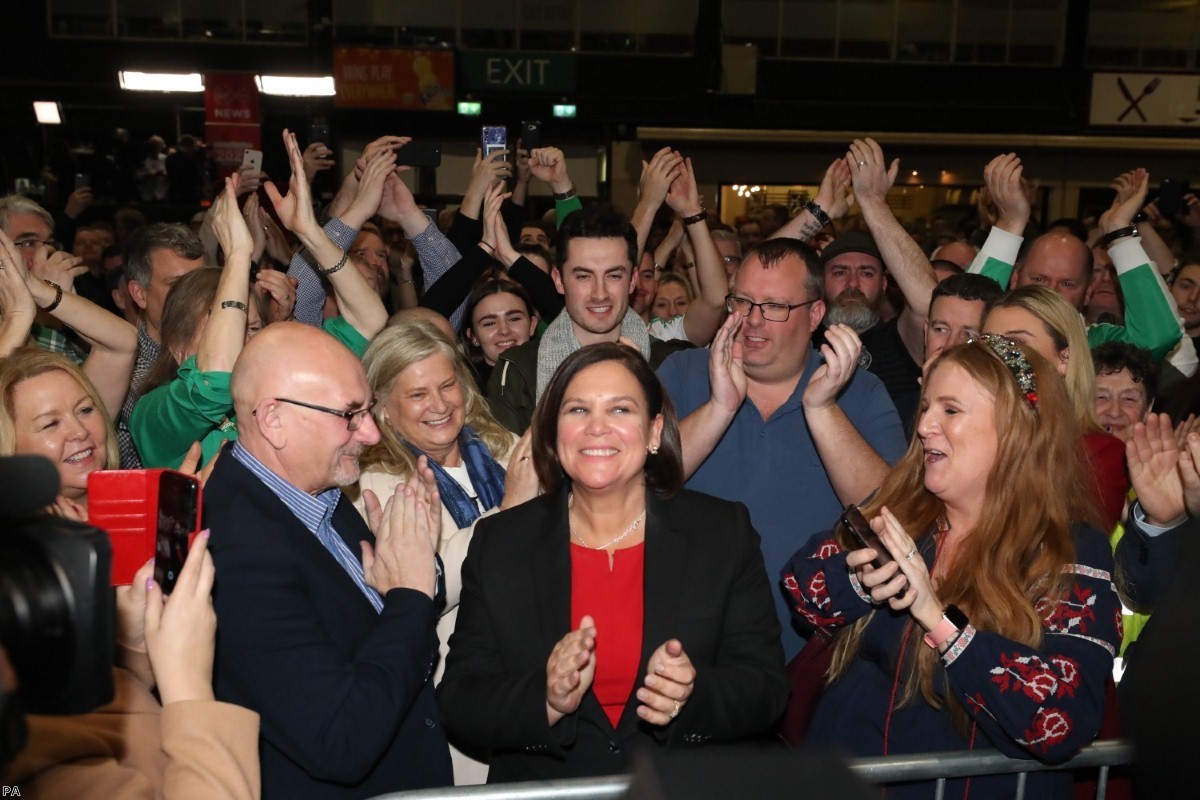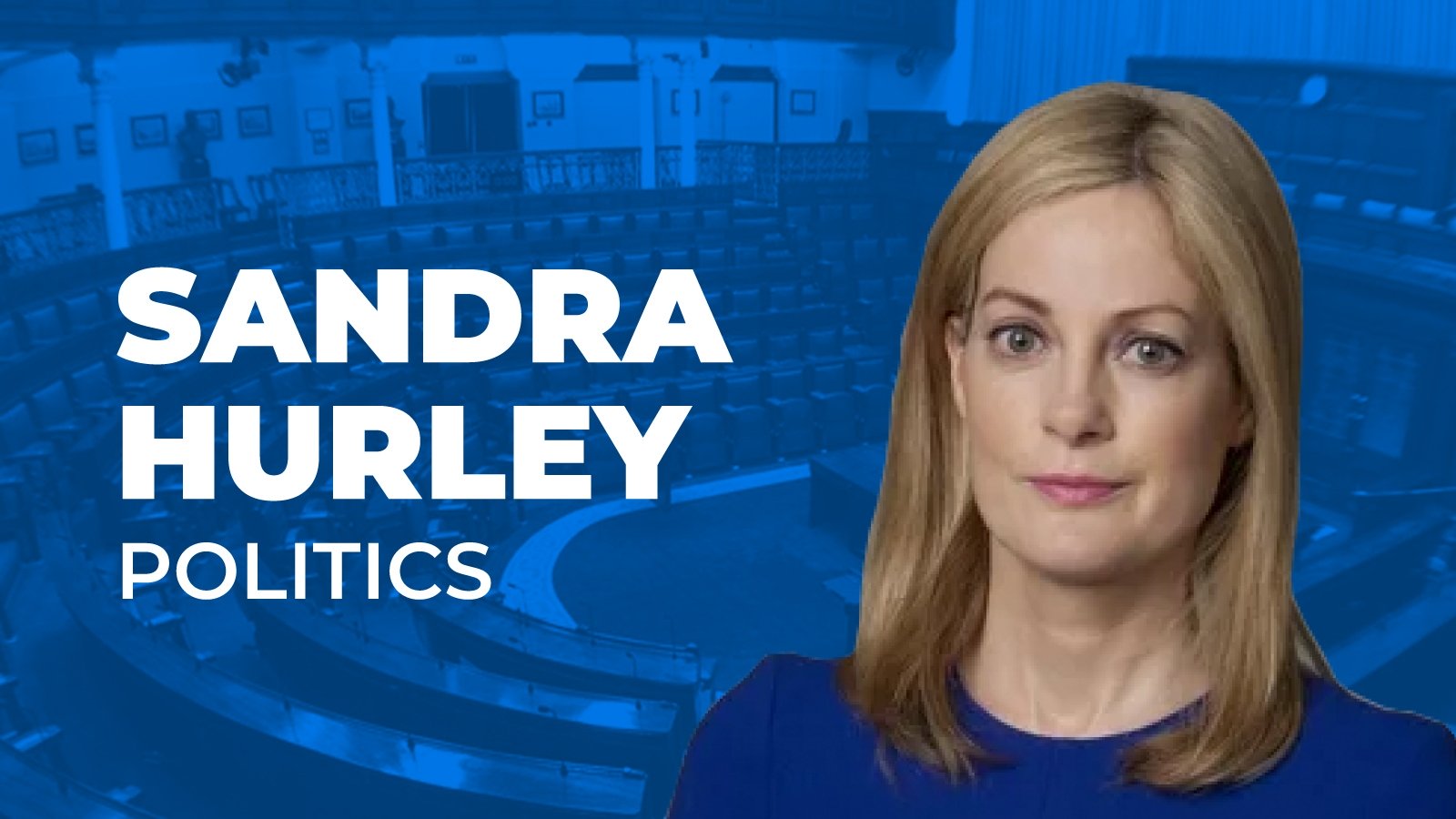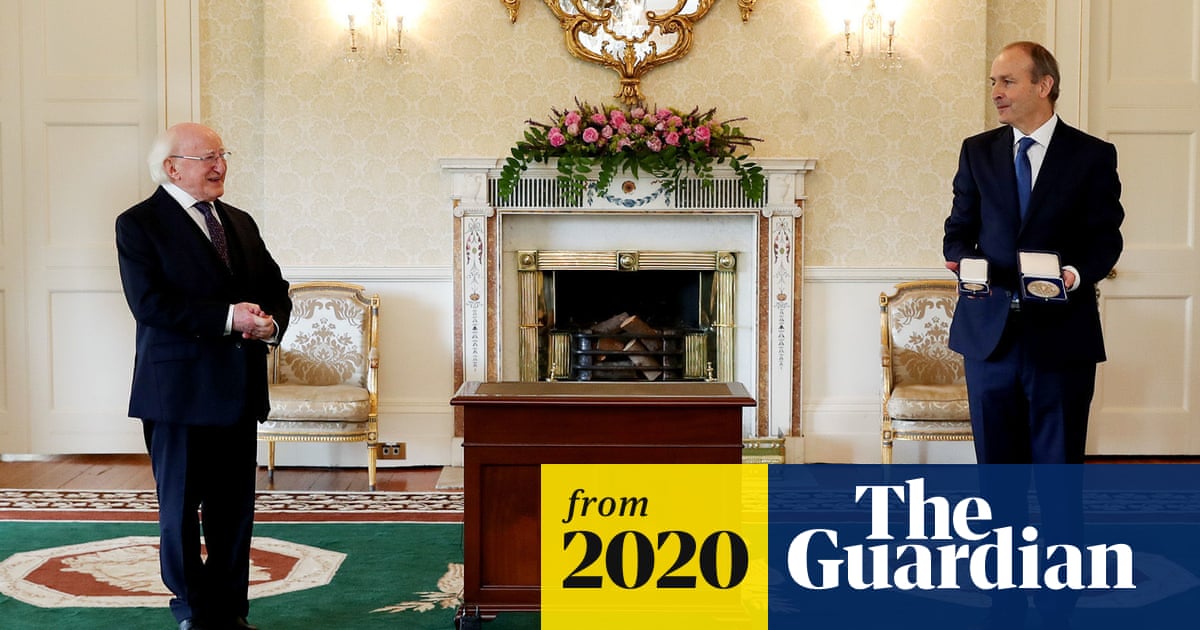Bojan KantKick
Man United Legacy Supporter
- Sep 5, 2014
- 30,045
- 28,651
- AFL Club
- North Melbourne
- Other Teams
- Manchester United, Stevenage FC
Regarding their foreign policy? Probably when I was young and naive but we all go through that stage.Have you ever defended the USA?



